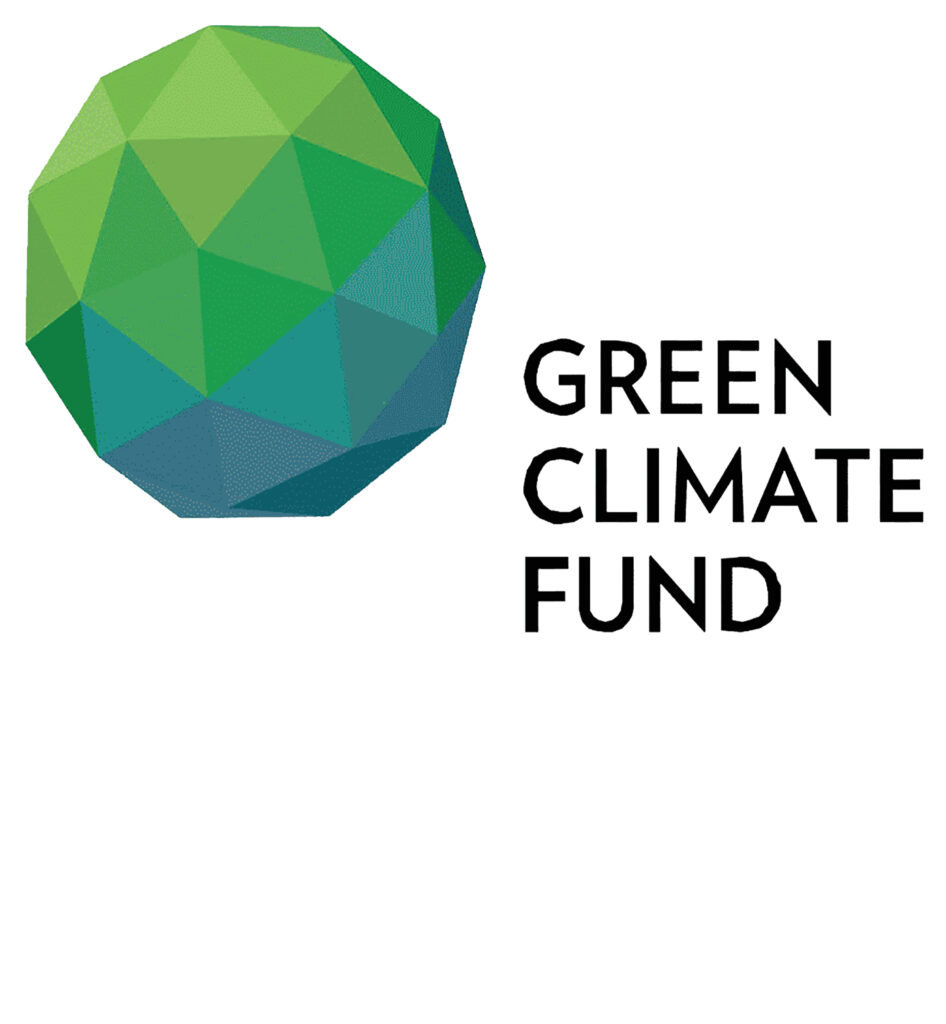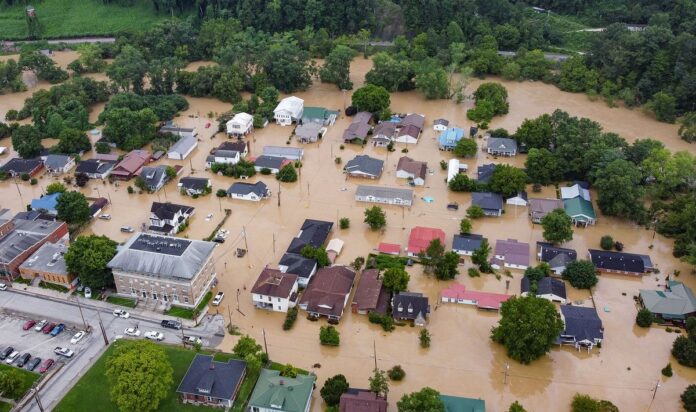Context
Alarmingly, US witnessed four 1-in-1-thousand years rain events over the summer. One of these events was in late July in Saint Louis when 9.04 inches of rain fell during a 15-hour storm. Around the same time, 14 to 15 inches of rain came down in Kentucky over a 5-day period. In early August, Southern and Central Illinois witnessed 8 to 12 inches of rain during a 12-hour period. And then the driest place in North America, Death Valley California, saw the most rain it has ever seen in August. Just as October arrived, Hurricane Ian hit Florida with a destructive blow.
And while this was occurring in the US, Europe was experiencing severe heat with several fires breaking out in France, UK and Portugal. In South Asia, after 2010, Pakistan observed its own water deluge with worst flooding ever this monsoon season. According to latest assessments, more than 1503 people died and 33 million have losses to livestock, crops, homes, and their livelihood. The World Bank projects the record-breaking floods caused loss and damage in-excess of $40 billion.
Speaking at an event hosted by the United States Institute of Peace (USIP)on September 27, UNDP Development Program Administrator Achim Steiner commented on how dire the global economic situation is. He noted that amid a series of global shocks and overlapping crises — from climate change and COVID-19 to rising inflation and crippling debt — fragile and conflict-affected states are under unprecedented strain. Rising food and energy prices resulting from the war in Ukraine have pushed 71 million people into poverty, worsening risks of instability and conflict.
Faced with increasing environment induced calamities – the dauting inquiry is how we got here, who is responsible for it, and how to pay for it? This is pretty much the same dynamics confronted with Covid-19, where China was blamed for the pandemic.
According to the US National Intelligence Estimate that goes through 2040: “Geopolitical tensions are likely to grow as countries increasingly argue about how to accelerate the reductions in net greenhouse gas emissions that will be needed to meet the Paris Agreement goals. Debate will center on who bears more responsibility to act and to pay—and how quickly—and countries will compete to control resources and dominate new technologies needed for the clean energy transition.”
Dealing with the Future
As the climate crisis gets acute around the world, each nation is having to refine their adaptation and mitigation strategies. Not only that, they are also having to define their narrative, approach, and capabilities to seek funding sources available to address the worsening climate change.
One impediment is the amount of time it takes to to get approval for project funding. In an article published in Pakistan Today, Khurram Lalani listed the some of the key challenges in seeking assistance from climate funds.
“Once the project is accepted, the Green Climate Fund (GCF) board’s approvals follow. In Pakistan’s case, the GCF took another 288 days on average to process approvals. Overall, this has meant that a total of 826 days were spent to get one project past the approval line. This does not factor in the work that a project proponent does on its own before submitting anything.”
He goes on to comment that lack of technical expertise and credible feasibility studies are some of the other obstacles in getting approval. Moreover, projects are poorly designed which results in a lot of money being unspent, stated Kashmala Kakakhel speaking at an event organized by TABADLAB.
Nations that have the relevant expertise, like India and China, have ready access to climate funds. GCF is also plagued with bureaucracy. Lalani states: “To tackle the size and scale of climate finance, some sort of blitz-scaling is required. Some new iterations, trial and errors, speedier processes and faster timelines. Time for business as usual is receding fast.”
This sentiment was echoed by UNDP’s Achim Steiner as well, he mentioned the need for incentivize financial architecture that prioritize investments. He went on to add that our present political and economic systems are not evolving with the speed and intensity of catastrophes being confronted. He backed the more networked multilateral systems to confront these natural calamities in a more proactive fashion.

Climate Change and Pakistan’s Response
During his visit to the US, Pakistan’s Foreign Minister Bilawal Bhutto presented a need for Green Marshall Fund – a likely reference to G7 plan to raise$100 billion annually to deal with climate change. But these funds are not meant for one country. To get a piece of the pie, and to be successful at the upcoming COP27 conference in Egypt, in addition to technical expertise, Pakistan clearly needs to define its needs. For example, Syed Mohammad Ali, who is also a Senior Fellow at PoliTact, suggested:
“Pakistan could specifically ask the US for help with climate proofing the Indus Water Treaty, given that it was the US insistence which led the World Bank to broker this treaty back in the 1960s.”
Former USAID and State Department officials who have worked on these matters, reiterate the same advising that Pakistan needs to clearly articulate its asks – and back them up with credible data. They add, the confusion is also where the responsibility lies, at the provincial or the federal level.
Speaking at the Middle East Institute’s Podcast on Pakistan’s Climate, Economic, and Political Crisis, Stimson Center’s Senior Fellow and Director for South Asia Program, Elizabeth Threlkeld, commented that Pakistan also has an opportunity.As opposed to playing a victim role, the country needs to articulate a clear narrative as it relates to climate justice – since its being impacted so much. Moreover, there is a potential for the nation to conduct reforms, think ahead, and identify cost-effective and realistic climate adaptation strategies – and offer it to the others. And in this sense, it can lead the Global South.

Pakistan American Community
In the wake of devastating floods, politically active organizations that represent the Pakistan-American diaspora are in active mode as well. They are engaging with congressional leaders to demand a flood relief package. They are also striving to mobilize and coordinate the activities of various community groups to best assist flood impacted people. This is not an easy task, and the present political stalemate in Pakistan, including the state of US-Pakistan ties are coming in the way.
While the Democrats recognize the dangers of climate change and have put this at the center of their policies – there is no such buy-in from the Republicans. After all, it was the Trump administration that decided to withdraw from the Paris Agreement in 2020 – which Biden rejoined in 2021 when he came to power.
As US prepares for midterm elections in November and the Presidential election in 2024, politically active Pakistan-American community groups are having a challenging time framing their message to US representatives when it comes to flood aid for Pakistan. Republicans could take one or both chambers of Congress in the upcoming midterm elections.
This is a predicament they share with the Pakistan government in what narrative to adopt as they seek funds for climate change related aid. Do they join the larger debate in seeking aid and climate justice –or present a case that Pakistan’s flood disaster is a one-off humanitarian disaster, to which Republicans are probably more amenable.
Conclusion
The greatest disconnect between Pakistan and the US is at the strategic level. In the growing great power rivalry, the nation is often seen standing at the opposite side of the isle. And this dynamic should not be allowed to play out in the realm of climate change. Like Covid-19 and Campaign Against Extremism, climate change can only be countered when everyone works together.
Being a strategic partner, India has an extensive climate related track-II dialogue with US and UK. Though Pakistan exists in the same region, it has no such negotiations. This should not prevent Pakistan, as advised by climate experts, to seek Chinese assistance in climatizing projects being undertaken under CPEC.
At the same time, Pakistan appears ill prepared to seek and obtain climate related funding – while the organizations offering climate finance need to evolve to tackle the calamities at hand.





